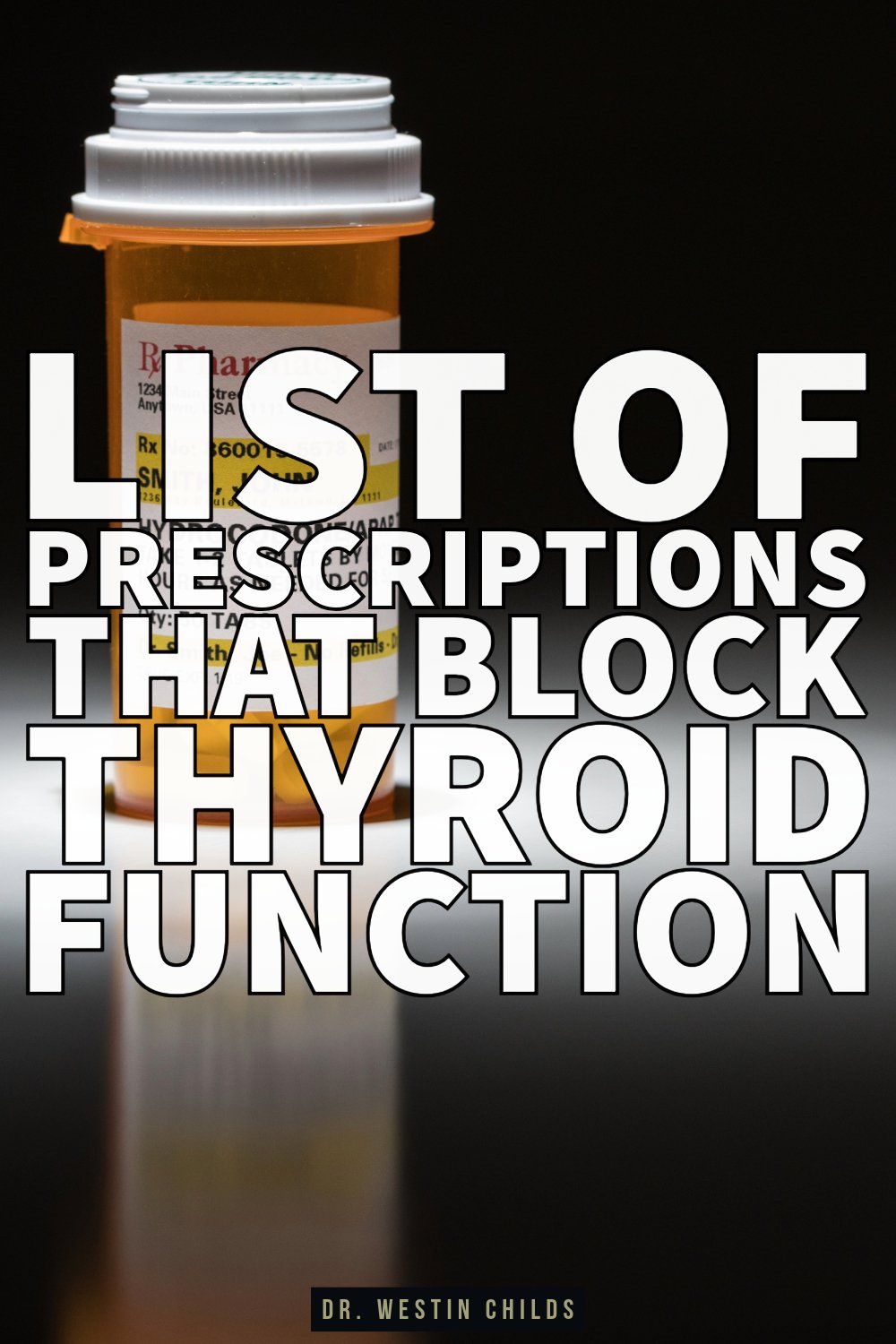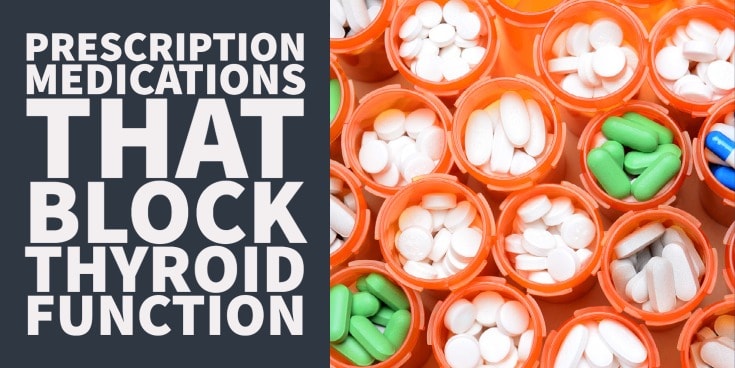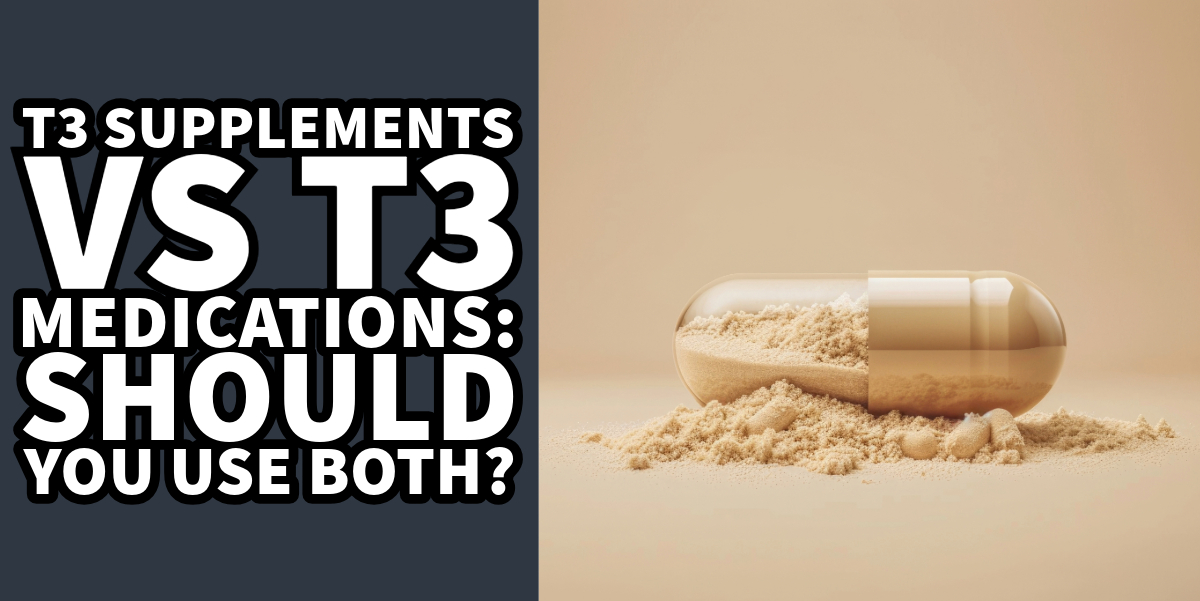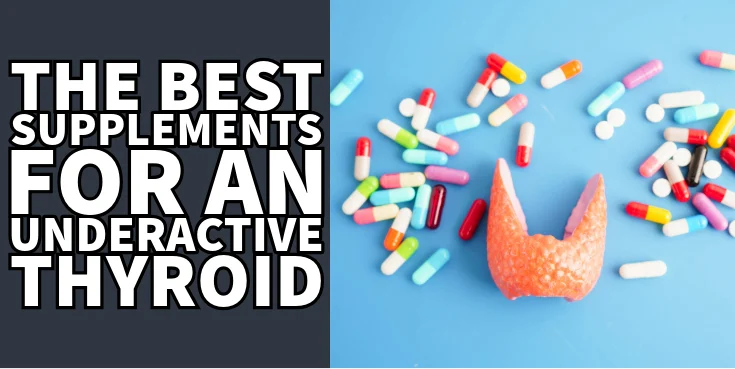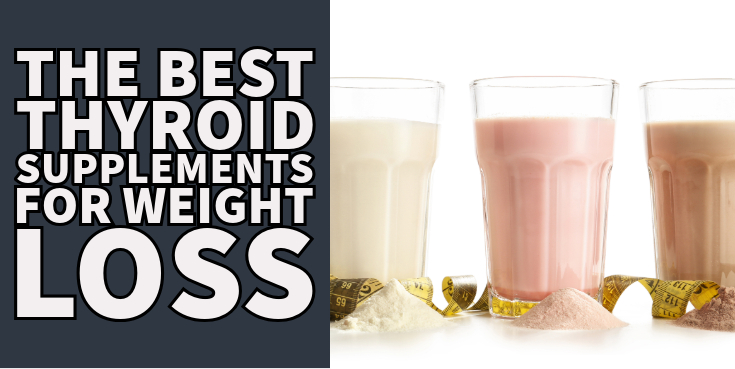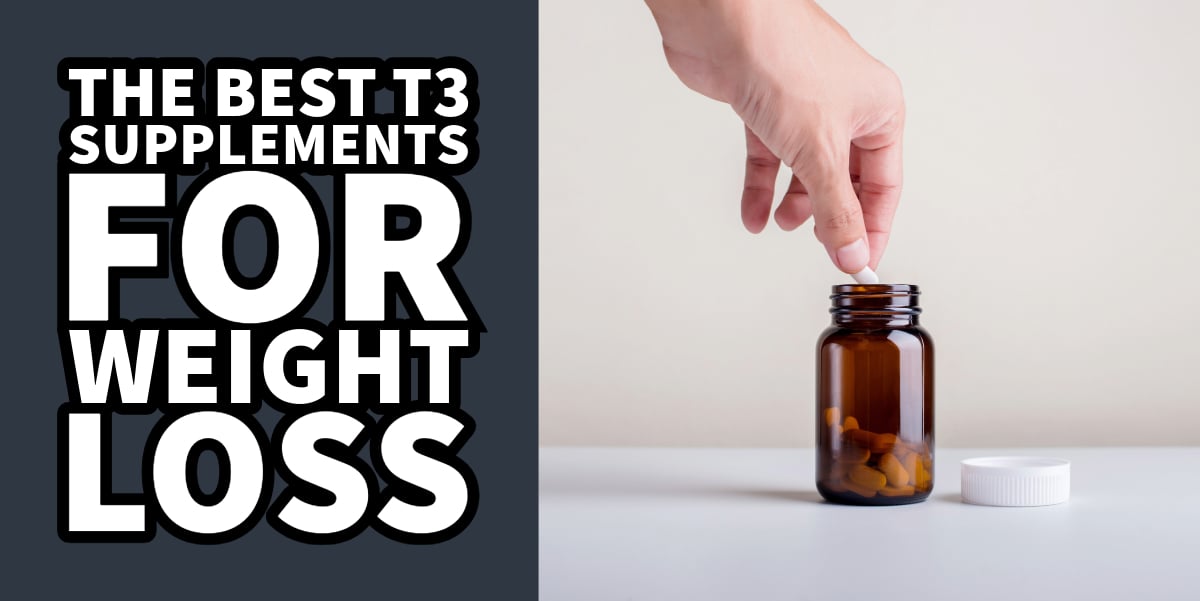If you have a thyroid problem then there’s also a good chance that you are taking other prescription medications.
How do I know? Because a thyroid issue puts you at high risk for problems like high blood pressure, high cholesterol, depression, and more.
But did you know that these prescription medications used to treat these problems can actually make your thyroid worse?
It’s true.
And in a vicious cycle, you may be taking medications to treat problems caused by your thyroid that only circle back to make your thyroid even worse.
Today we are going to go over this list to make sure you aren’t taking any and what to do if you are.
DOWNLOAD FREE RESOURCES
Foods to Avoid if you Have Thyroid Problems:
I’ve found that these 10 foods cause the most problems for thyroid patients. Learn which foods you should avoid if you have thyroid disease of any type.
The Complete List of Thyroid Lab tests:
The list includes optimal ranges, normal ranges, and the complete list of tests you need to diagnose and manage thyroid disease correctly!
4 Ways That Prescription Medications Interfere with Thyroid Function
There are 4 main ways in which prescription medications can interfere with thyroid hormone function.
And when I talk about thyroid hormone function what I really mean is how well your thyroid is working.
Different medications interfere with thyroid function in different ways which means they can sometimes slip under your radar.
Let’s go over these categories so you better understand what I mean:
Category #1. Medications that Block T4 to T3 Conversion.
T4 to T3 conversion is the process by which your body takes the inactive T4 thyroid hormone and activates it by turning it into T3.
And since T3 is the strongest and most important thyroid hormone, if your body can’t do this, you’re going to experience problems like weight gain and hair loss.
Surprisingly, many medications interfere with this process leading to low T3, including some that are used to treat common conditions:
- Beta-blockers – This is a class of medications used to treat high blood pressure, migraines, and even anxiety (1). Because hypothyroidism leads to high blood pressure, it’s not uncommon for thyroid patients to be taking something for their blood pressure. If that’s you, make sure you check with your doctor to see if you are taking a beta-blocker because, if you are, it could be making your thyroid worse. The good news is that there are many other high blood pressure medications available so switching to one of these is often pretty easy. But if you want to do something even better, go for lifestyle changes that can normalize both your thyroid and your blood pressure. I have articles and resources that can help with both.
- Narcotics – All types of prescription narcotics (such as Vicodin, Percocet, and more powerful narcotics) can block thyroid conversion (2). More concerning than this is the fact that low thyroid function can actually cause chronic muscle pain and fibromyalgia. So you may be taking a pain medication to treat pain related to your thyroid that only serves to make your thyroid worse. I know that may seem dizzying, but I’ve seen it happen. It’s also worth noting that some thyroid patients, especially those with Hashimoto’s, take low-dose naltrexone that blocks narcotic function, so keep that in mind. Over-the-counter anti-inflammatories (3), like ibuprofen, do not cause this issue and are preferable if you need to take something.
- Antidepressants (4) – This is a huge one! How many of you are taking antidepressants and have no idea that they can make your thyroid worse? Roughly 24% of American women take antidepressants and this number is even higher for hypothyroid women because hypothyroidism causes depression. The best way to solve depression is not to take antidepressants, but to optimize your T3 level! This is exactly why T3-only medications like liothyronine and Cytomel are sometimes used to treat this very condition. The problem may not be depression but thyroid function, instead!
- Methimazole – Methimazole is designed to treat hyperthyroidism (high thyroid) so it’s not surprising that it blocks thyroid function. What you need to understand, though, is that taking methimazole will take your thyroid from the hyper state to the hypo state and you may experience the symptoms of hypothyroidism in the process.
- PTU – PTU is another medication used to treat hyperthyroidism but it isn’t used as much nowadays as methimazole is preferable.
Category #2. Medications that Block TSH Production.
These medications work by interfering with how your brain communicates with your thyroid gland.
Many thyroid patients are focused solely on their thyroid gland which is situated in their neck because that’s where most problems arise.
But there are plenty of thyroid patients who have thyroid problems because of issues in their brains and pituitary glands.
If your brain can’t communicate with your thyroid gland then it doesn’t matter how healthy your thyroid gland is, it will never get the message to produce thyroid hormones.
So this is an important and often overlooked cause of thyroid problems.
Medications that interfere with this process are difficult to trace because pituitary-related thyroid problems can be easily missed with standard thyroid lab tests.
- Steroids – Steroids are often given to patients as prescription medications to help lower inflammation in certain diseases. Most doctors know not to use these powerful medications long-term, but it is sometimes necessary. Steroids have a suppressive effect on the brain which reduces TSH production and this effect gets worse the longer you use the steroids. By the way, this side effect can also occur if you are using topical steroids as well! Topical steroids in gels or creams are typically not absorbed very well (5) but they can be depending on where you place them. If you put topical steroids on your face, under your eyes, around your nose or lips then you are absorbing a lot more than you think and those steroids may be causing problems with both your adrenal glands and your thyroid.
- Dopamine agonists – Dopamine agonists are usually used to treat Parkinson’s disease so they are not very common, but they can suppress TSH function (6).
- Metformin – Third on the list is metformin which is a very common medication used to treat diabetes and insulin resistance. More recently it’s also being used as a treatment to extend lifespan and for obesity. What’s really interesting about metformin is that it was once thought to cause problems with thyroid function. More recent research suggests that instead of having a harmful effect on the TSH, its effect may actually be beneficial (7). In other words, metformin may actually improve thyroid function. I’m of the opinion that it probably does have a beneficial effect on thyroid health, especially in cases of Hashimoto’s, but we are still figuring out exactly how it works.
Category #3. Medications that Block Thyroid Hormone Production from the Thyroid Gland.
The medications we’ve discussed so far have impacted your body’s ability to activate thyroid hormone and its ability to stimulate the thyroid gland, but this one is a little bit different.
These medications work by damaging the thyroid gland directly.
And if your thyroid gland isn’t working properly then it doesn’t matter if your brain is communicating with it or if your body can activate thyroid hormone.

These medications are not as common as some of the others we’ve discussed so far but you should still be aware of them:
- Potassium iodide – This type of potassium is typically used for dermatology procedures and is not the type of iodine that you are probably familiar with. Unless you are getting frequent dermatologic procedures, it’s unlikely you’ve been exposed to this medication often enough for it to cause problems.
- Lithium – Lithium is definitely more common because it’s used to treat mood disorders and bipolar disorder. The problem is that long-term use of lithium, especially if used in high doses can permanently cause thyroid damage (8). For this reason, everyone who uses lithium is required to have their thyroid checked at regular intervals. What’s interesting here is that certain thyroid medications (like Cytomel and liothyronine) can actually help treat bipolar disorder. So if you are using lithium for bipolar disorder and you haven’t tried those therapies you may want to look into them!
- Amiodarone – Amiodarone is usually used to treat certain heart conditions and is not frequently used nowadays. Like lithium, doctors know that amiodarone can cause thyroid problems so they usually keep an eye on thyroid function when prescribing it.
Category #4. Medications that Block Thyroid Medication Absorption
This is probably the biggest section of all because just about every single medication out there has the potential to interfere with thyroid medication absorption if taken incorrectly.
This is the very reason that you’ve been instructed to take your thyroid medication on an empty stomach if you’ve been prescribed thyroid medication.
While all of this is true, you should know that some medications cause more issues with absorption than others and it’s these that really you need to be aware of.
The medications we are about to discuss can block the absorption of all thyroid medications, not just levothyroxine or Synthroid:
- Acid blockers and antacids – What’s dangerous about these medications is that they are available over the counter and many thyroid patients are taking them for acid reflux. Pretty much any medication that reduces stomach acid can have a negative effect on thyroid medication absorption as well as the absorption of thyroid-supporting nutrients like magnesium (9). Unfortunately, because these medications suppress acid production for hours after taking them, they can still interfere with thyroid medication absorption even if they are taken hours apart. If you are taking one, do your best to get off them and use natural treatment options instead.
- Fiber – These are often used to treat constipation which is another side effect of low thyroid function. Do you see the connection here? Many thyroid patients are taking medications to treat the symptoms of thyroid dysfunction which only serve to make their thyroid worse when they should be focusing on optimizing their thyroid instead! These fibers work by pushing stool through the GI tract to help with bowel movements but they can slow down the absorption of thyroid medication. By the way, this effect also applies to some weight loss supplements like glucomannan as well.
- Orlistat – This weight loss medication blocks the absorption of fat in the gut but happens to also cause issues with thyroid medication absorption. It’s not as common as other weight loss medications, but some people still use it.
- Cholestyramine – Cholestyramine is what is referred to as a binder and it’s usually used to help lower high cholesterol. It’s also sometimes used to treat diarrhea and integrative doctors will occasionally use it to help with detoxification. While it can have positive effects, one of the downsides to using this medication is that it can block your thyroid hormone from being absorbed.
- Calcium carbonate – This is used to replace low calcium and it’s commonly used in people after thyroid removal surgery who accidentally had their parathyroid glands damaged. If you are taking calcium of any type, including from your diet, you must take your thyroid medication at least 4 hours away from it.
- Ferrous sulfate – This medication is used to replace low iron levels and to treat anemia. Iron, much like calcium, is a strong binder of thyroid hormone (10) and must also be taken 4 hours away from thyroid medication.
- Sucralfate – Sucralfate isn’t used very often but when it is it is typically used to treat inflammation in the stomach (gastritis) or stomach ulcers.
- Estrogen – Estrogen doesn’t directly impact thyroid medication absorption but it can impact how well your thyroid medication is being used by the body. It does this because it increases thyroid hormone-binding globulin which can bind to free thyroid hormone and limit how much is available for your body to use. I’ve included it here because it doesn’t fit neatly into any of the other categories. But what you need to know is that if you are taking estrogen or other sex hormones, you may need to make adjustments to your thyroid medication dose.
Make Sure you Double Check ALL Of your Prescription Medications
The moral of the story is that you should be very aware that prescription medications can interfere with your thyroid.
And some of the very medications that you’re taking may be used to treat the problems caused by your thyroid.
My recommendation is to take a close look at all of the prescriptions that you are taking to see if any are causing problems.
If you find that any of your medications are found on the list above then ask your doctor if you can switch to another type of medication in a different class.
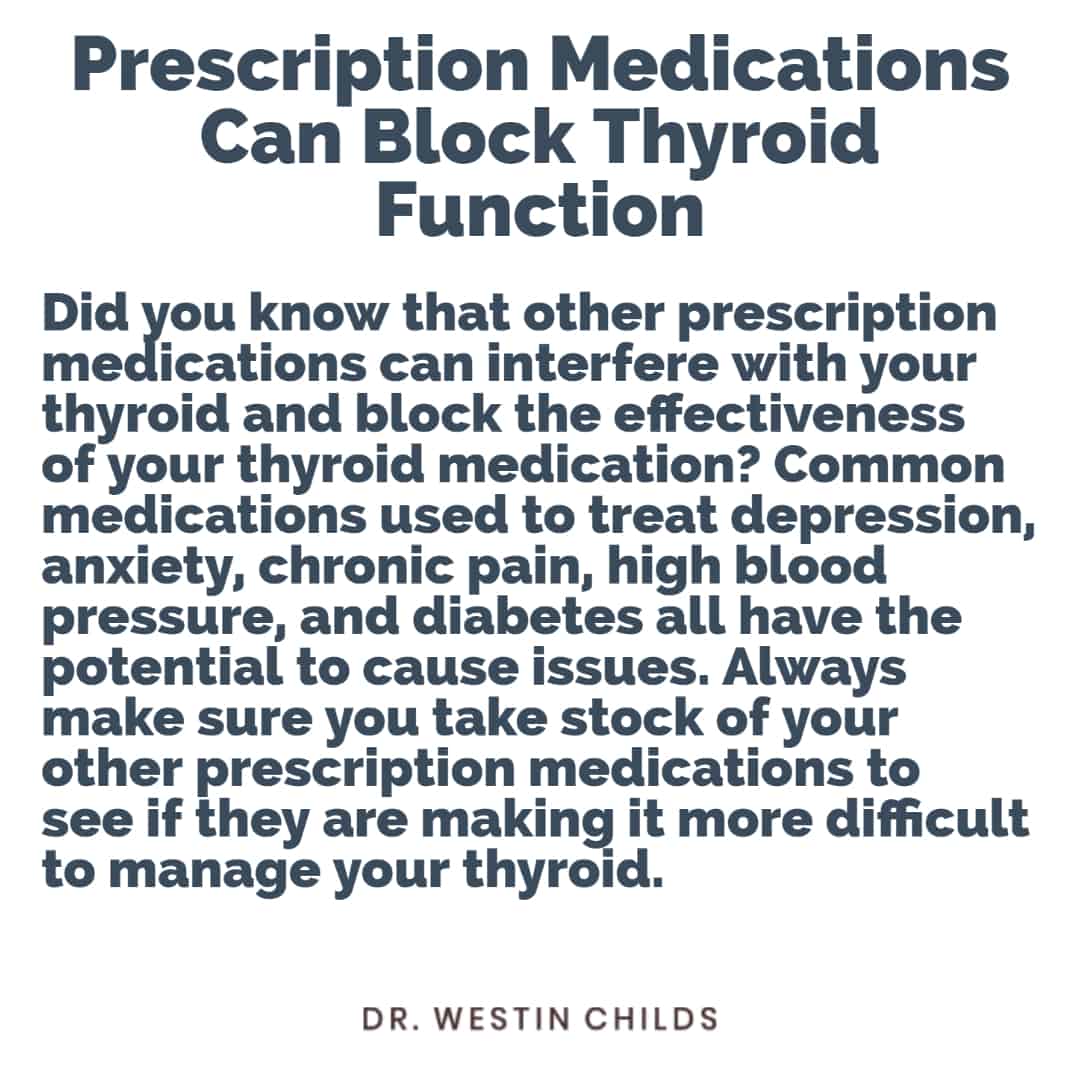
For instance, if you are taking a beta blocker for high blood pressure then you may want to switch to something like an ACE inhibitor.
The same logic applies to other medications as well.
And making these small changes can increase your thyroid function by 10-20% which can have a huge impact on your symptoms.
But I can give you some even better advice:
If you focus on improving your thyroid you may find that conditions like weight gain, high cholesterol, depression, and high blood pressure start to vanish.
So instead of jumping to prescription medications, try optimizing your thyroid first.
It just so happens that your thyroid is very responsive to dietary changes, exercise, and even supplements.
If you don’t know where to start then I’d recommend checking out this article next.
Now I want to hear from you:
Did you know that these medications can cause issues with your thyroid?
Are you taking any of the medications listed above?
If so, did you notice a change in how you feel or how well your thyroid was working after you started it?
Leave your questions or comments below!
Scientific References
#1. https://pmc.ncbi.nlm.nih.gov/articles/PMC1070767/
#2. https://pmc.ncbi.nlm.nih.gov/articles/PMC4590093/
#3. https://pubmed.ncbi.nlm.nih.gov/4623165/
#4. https://pmc.ncbi.nlm.nih.gov/articles/PMC518867/
#5. https://pubmed.ncbi.nlm.nih.gov/3527074/
#6. https://pubmed.ncbi.nlm.nih.gov/436307/
#7. https://pmc.ncbi.nlm.nih.gov/articles/PMC8193849/
#8. https://pubmed.ncbi.nlm.nih.gov/11990895/
#9. https://pubmed.ncbi.nlm.nih.gov/17669709/
#10. https://pubmed.ncbi.nlm.nih.gov/9191742/
